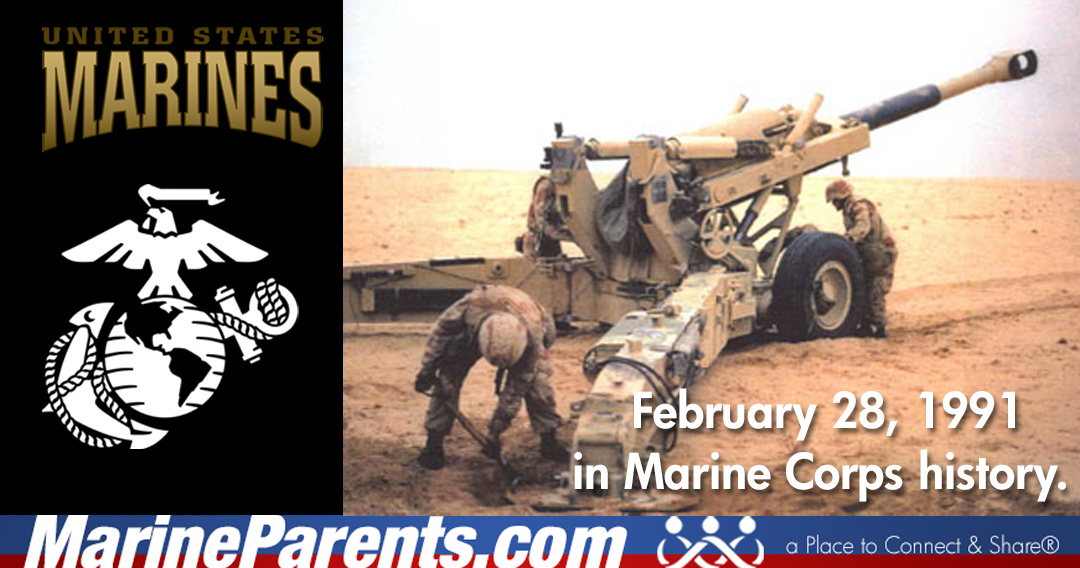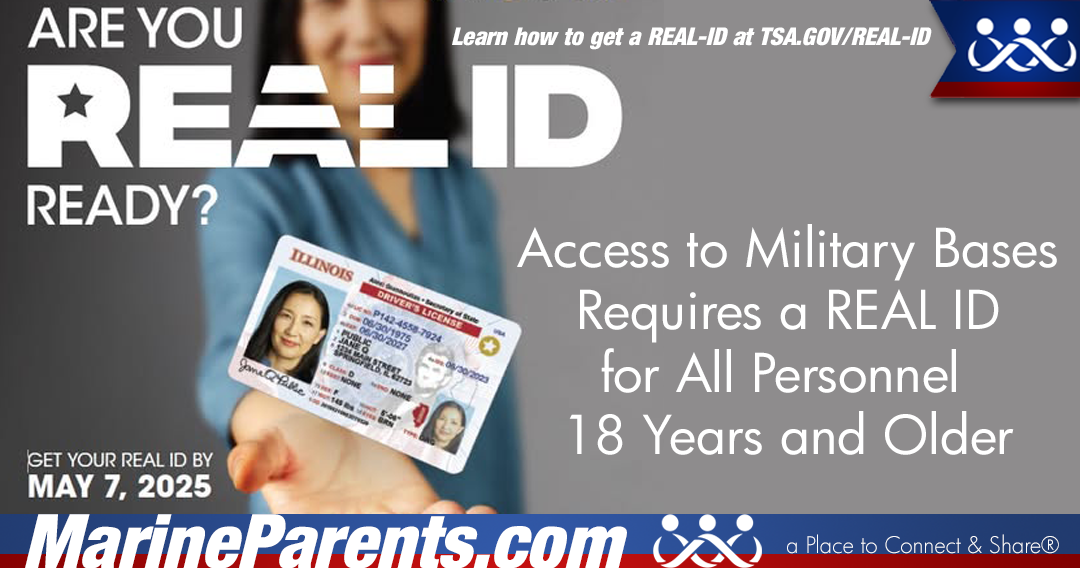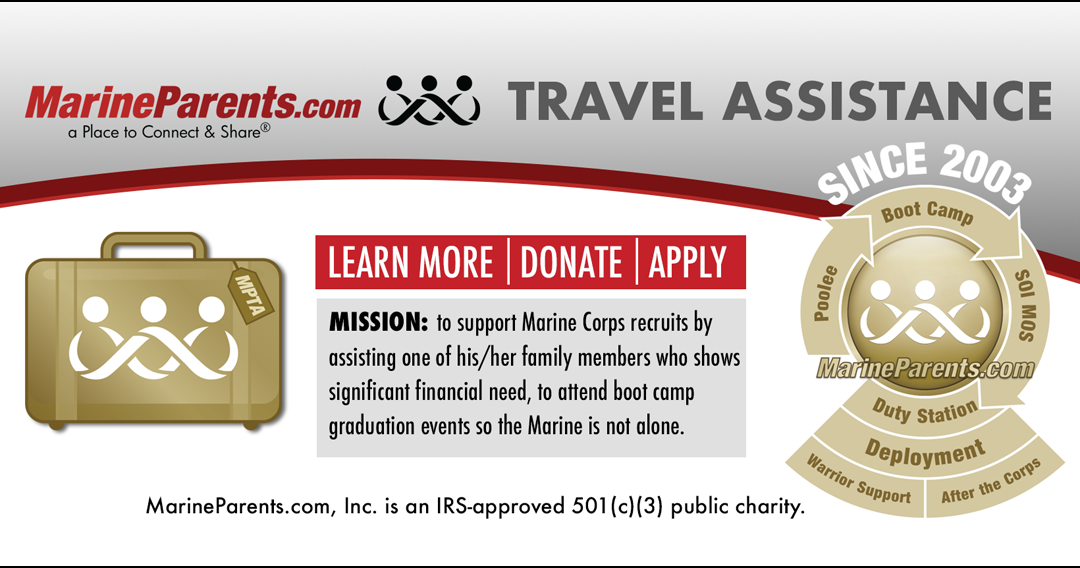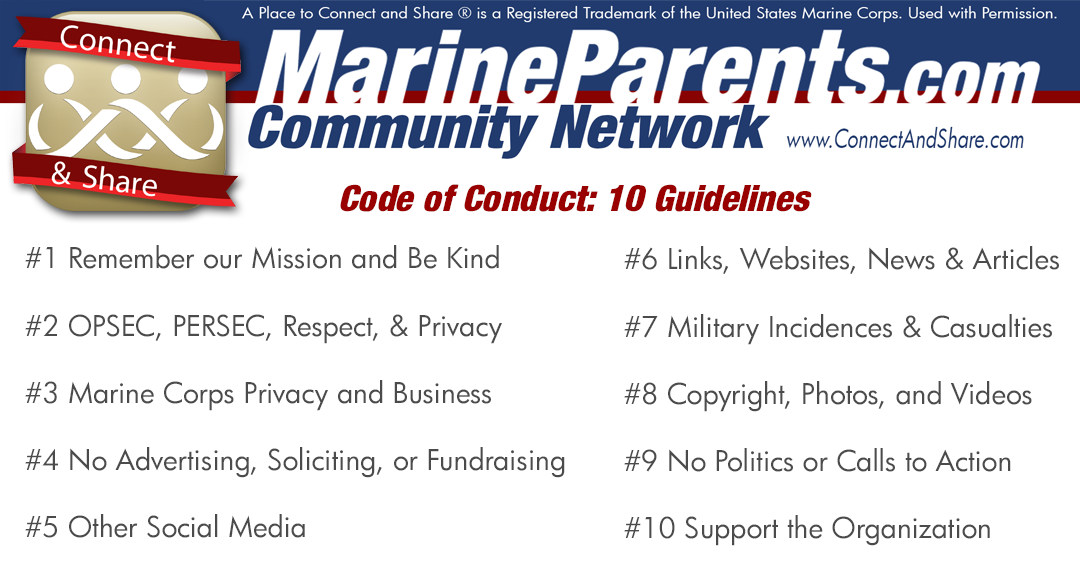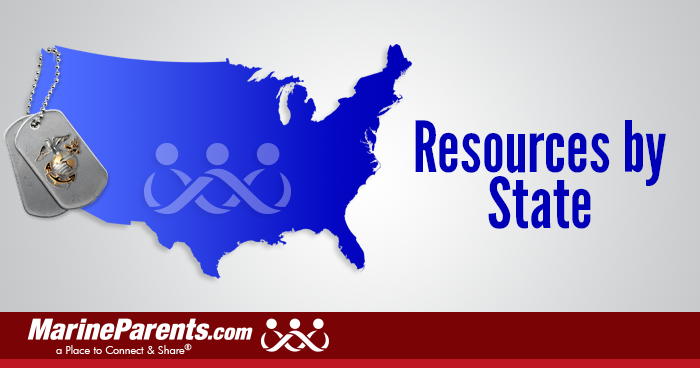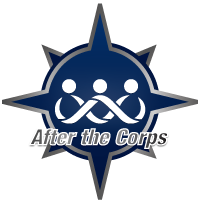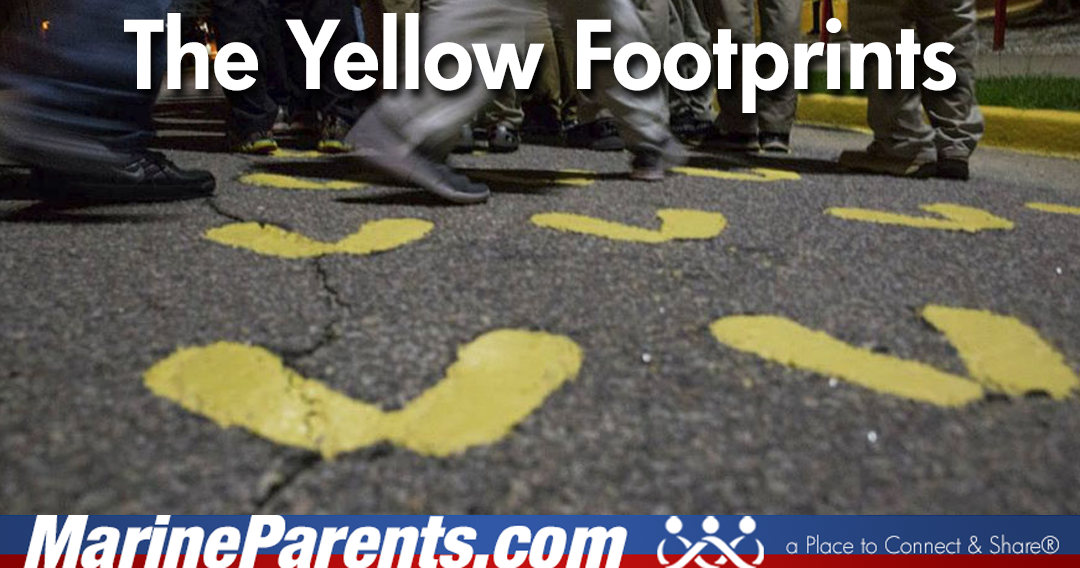
TAPS/TAMP - Transition Assistance Programs
Before your Marine's end of active service (EAS) date, he or she will be required to go through a series of classes, discharge medical checks, terminal leave documents, separation documents, check out sheets, and more.
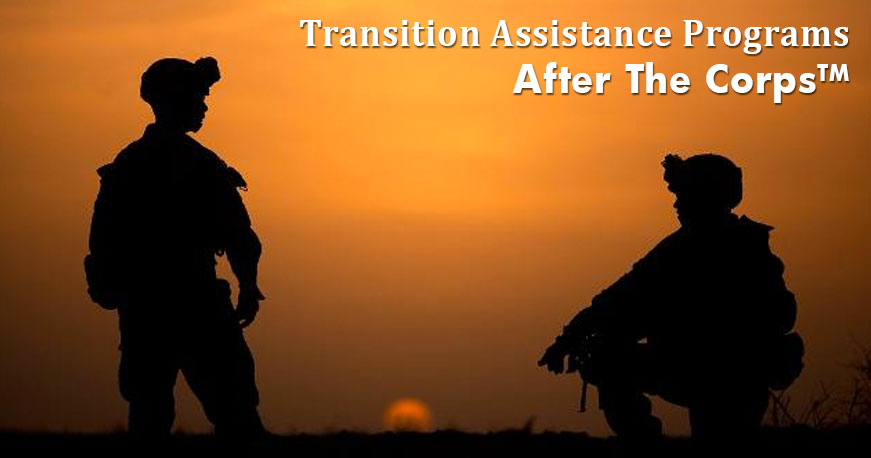
*Image info: LCpls Ryan Snyder and David Lambert talk while providing security from their defensive position as the sun sets during Operation Shahem Tofan (Eagle Storm). Photo by Cpl Reece Lodder.

End of Active Service (EAS)
Before your Marine's end of active service (EAS) date, he or she will be required to go through a series of classes, discharge medical checks, terminal leave documents, separation documents, check out sheets, and more. These will assist your Marine during the process of ending their active service and after their separation from the Marine Corps. There are three programs that every Marine must go through prior to separation:
- SEPS (Outbound Separations)
- TAPS/TAMP (Transition Assistance Program/Transition Assistance Management Program)
The classes teach Marines the basics of looking for a job, resume building, proper etiquette with interviews, and other basic formalities that will benefit eligibility to be hired. The classes are long and are filled with a lot of knowledge that is hard to keep track but will become important immediately upon separation. Encourage your Marine to take notes.
The classes, in my experience, felt more geared towards the business aspect of our society. The instructors required us to come to the classes wearing business suits... Brian, USMC Veteran
Consolidated Administration Center (ConAd)
Marines must coordinate with the ConAd (Consolidated Administration Center) as soon as separations action is contemplated, and remain in contact in order to ensure proper administrative action is completed. Upon reporting to the Separation/Retirement Section, Marines will receive a short separations brief. During this brief, each Marine will complete a case folder containing administrative forms providing information necessary for completion of the DD Form 214, and other separation documentation based on their respective circumstances, as well as terminal leave and permissive temporary additional duty (PTAD).
In this case, PTAD allows an individual an additional 10 days leave on either side of a permanent change of station (PCS). While this is typically done when an individual is looking for housing, it is solely a discretionary decision by the command. Thus, I believe it can be taken in conjunction with terminal leave. Alex, USMC Veteran
Click here for more information about check-out procedures.
Each Marine will receive a Pre-Separation checklist. The checklist will identify milestones starting 180 days out (360 days for retirements/transfer to FMCR) from the anticipated separation date that must be considered and completed prior to the separation date. Marines must return to the ConAd Separation Section no later than 20 days prior to their planned date of detachment to review documents and sign if necessary.
Transition Counselor (UTC)
Marines being separated from active duty are counseled by the command Transition Counselor (UTC) concerning the TAMP, TAP, and any other relevant civil readjustment programs. The Marine will be reminded of the requirement to attend the mandatory separations brief and the seminar provided by Henderson Hall. TAP/TAMP for Marines pending administrative separation should be scheduled as soon as the administrative separation process is initiated.
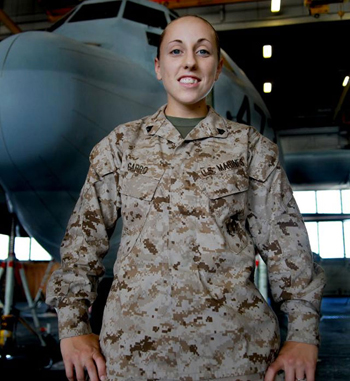
*Image info: Cpl Siobhan Garro uses the global management and optimal administrative maintenance activity servers to turn information given to her by pilots, crew chiefs, mechanics, and other personnel into useful logs and archives. Photo by LCpl Glen E. Santy.
TAPS/TAMP will probably be one of the dullest classes taken while in the Marine Corps. The room is packed, the days are long, and the excitement of getting out soon will make the temptation to use this class as another mandatory 'check-in-the-box' a hard one to resist. Important, reliable information will be passed along so it is important to try and make the most out of this required week. Not doing so may seem more desirable at the time, but in the long run, you may regret missing out on such pertinent information that could be applicable to the situation you find yourself in at a later date.Nate, USMC Veteran
Physicals should be scheduled no more than 12, but no less than 6 months, prior to the effective date of separation to allow time for necessary medical treatment or disability processing. Blood laboratory work is good for only 90 days and must be redone if the 90 day window has expired prior to the Marine's separation. Every Marine being separated is required to submit to an HIV test prior to separating, but will not be held on active duty pending results of the HIV test. Marines must ensure discharge physicals are initiated not less than 90 days prior to the date of separation to ensure the separating Marine is physically qualified for separation. Reenlistment physicals are not acceptable substitutions for separation physicals. It is the sole responsibility of the Marine to schedule the physical and provide a copy to the Separation/Retirements Section prior to the effective date of terminal leave/PTAD. Final physical for Marines pending administrative separation should be scheduled as soon as the administrative separation process is initiated.
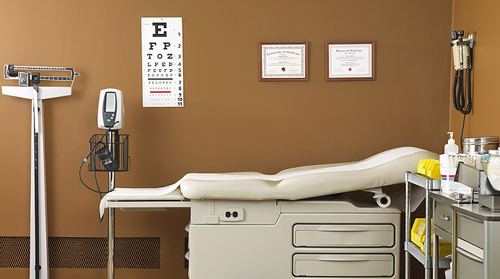
Marines who desire to take terminal leave must contact the ConAd Separation Section early to discuss requirements. Upon completion of all required briefings, the Marine must return with the completed terminal leave requests approved by the chain of command/normal leave approval authority at least 45 days prior to the planned departure date of terminal leave. Department commanders may grant terminal leave up to 90 days. Requests for terminal leave in excess of 90 days must be submitted to CMC for approval. The Marine will be issued orders authorizing leave awaiting separation from the ConAd Separation/Retirement Section on the date of
departure. The Marine is responsible for mailing their DD Form 2MC (Active Duty ID Card/Dependent ID Card) back to the ConAd if there is no reserve obligation. The DD Form 214 will be mailed to the address provided by the Marine prior to departure, or given to the Marine prior to PTAD or terminal leave. To receive reserve/retired ID cards, Marines are responsible for taking source documents to any ID card issuing facility. All active, National Guard, and Reserve activities with online access to DEERS (Defense Enrollment Eligibility Reporting System) may issue ID cards. Marines with a separation date falling on a weekend or holiday may elect to take terminal leave and detach on a workday.


